10, June 2023
FECAFOOT: A football season costing 4.3 million euros 0
Cameroon’s professional Football leagues alone have cost the Cameroon Football Federation (Fecafoot), headed by Samuel Eto’o, more than 3 million euros (2 billion CFA francs).
The 2022-2023 football season cost the Cameroon Football Federation (Fecafoot) more than 4.3 million euros (nearly 2.9 billion CFA francs). The body headed by Samuel Eto’o has invested heavily in the organisation of the country’s two professional leagues. According to figures obtained from Fecafoot, the total budget is in excess of 3 million euros (2 billion CFA francs).
73,000 euros per D1 club
A considerable proportion of these funds was paid to first division clubs. Fecafoot’s financial support has more than doubled. “This year, we have granted support of 48 million CFA francs (more than 73,000 euros, editor’s note) to each of the clubs in the elite championship (the first division). Professional footballers now receive a salary of 200,000 CFA francs (305 euros) per month”, Samuel Eto’o told the last session of the Fecafoot General Assembly on 27 May 2023.
According to the former footballer, this injection of funds has enabled clubs to strengthen their squads, creating a more competitive and exciting competition for fans. Our national competitions are regaining their former fervour,” says Samuel Eto’o. We’re also seeing that the level of our league is getting higher and higher. The performances of our international players in the national league are a clear indication of that.
Youth football, the poor relation
It is not only professional football that has benefited from Fecafoot’s financial support. Women’s football has also received support. It received an allocation of 250,000 euros (more than 163.5 million CFA francs). Amateur football also received 790,000 euros (over 517 million CFA francs). These funds were divided between the regional leagues (549,000 euros, or 359.5 million CFA francs). The departmental leagues also received 241,000 euros (nearly 157.7 million CFA francs).
Youth football development was funded to the tune of 183,000 euros (nearly 120 million CFA francs). This is the smallest financial allocation granted by Fecafoot.
Source: Sports News Africa
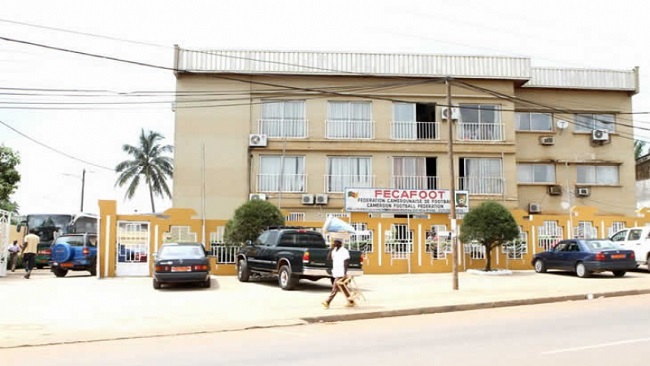


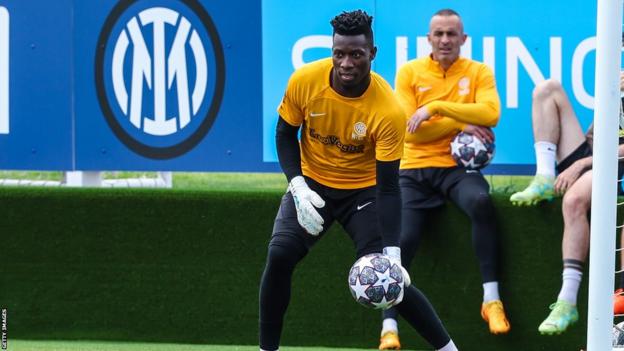
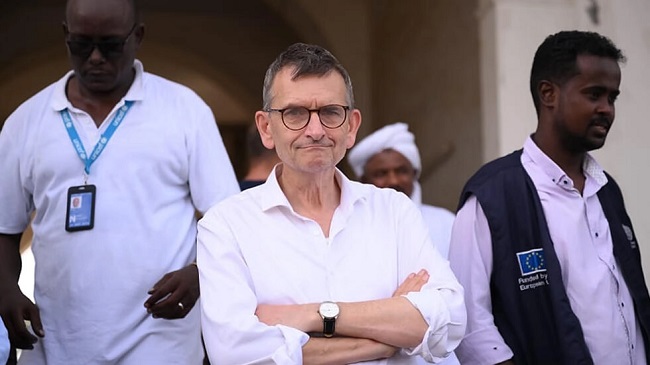
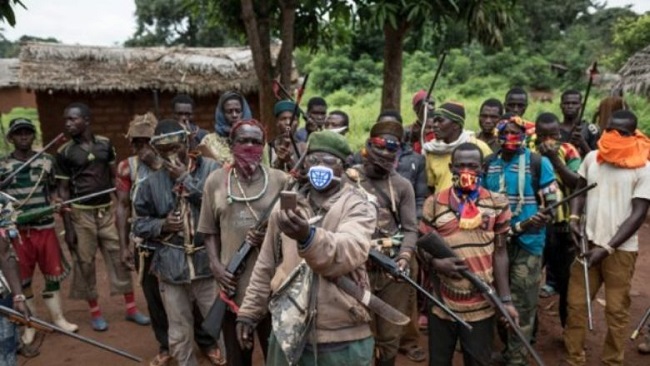
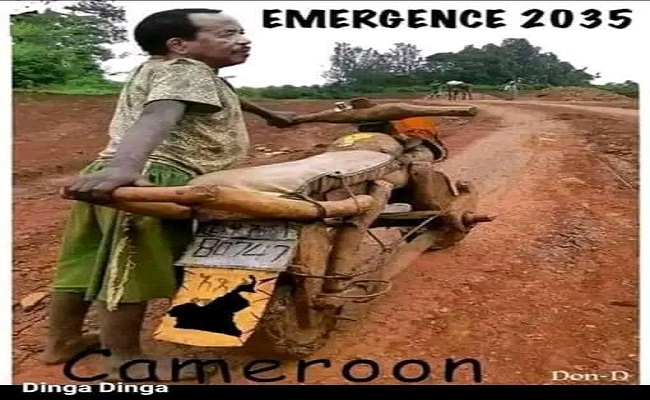
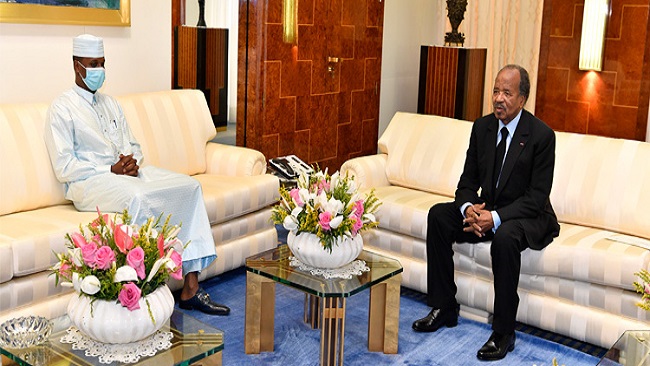
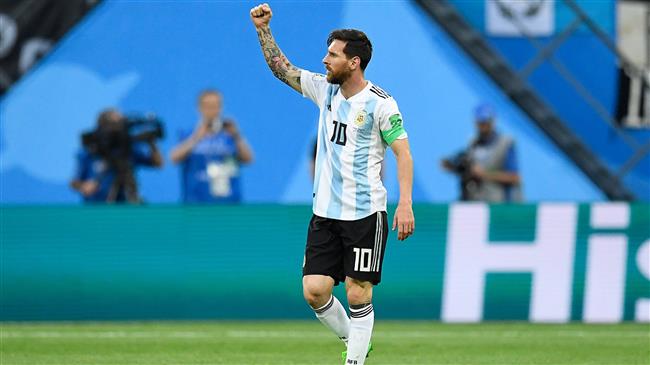



















10, June 2023
Biya holds emergency meeting to address Boko Haram attacks 0
At the start of June, Cameroonian President Paul Biya ordered the nation’s army to hold an emergency meeting to address a recent resurgence in cross-border attacks by Islamic State in West Africa Province (ISWAP) (gazettengr.com, June 1). ISWAP, for example, claimed attacks in Gassama, Amchide, and Fotokol in the Far North Region of Cameroon in March. The first ISWAP attack was on the Multinational Joint Task Force (MNTJF), which includes Cameroon, Chad, Niger, and Nigeria (and Benin, though it does not fight against ISWAP). The latter two attacks, by contrast, targeted the Cameroonian army.
In April and May, ISWAP attacks in northern Cameroon continued. On May 31, ISWAP claimed the killing of two police officers as well as the theft of their weapons. On May 13, ISWAP claimed it had attacked an army base, causing the soldiers there to abandon their positions and flee. Other attacks, such as one on May 11 in Mora, Cameroon, have been thwarted by the MNJTF. In another case, an ISWAP courier was arrested on a camel in N’guigmi, Niger, leading to the MNJTF’s uncovering of several hideouts around Monguno, Nigeria. Notwithstanding the several successful raids, most recent attacks in Cameroon have been relatively small-scale. This compares to previous years, where dozens of Cameroonian as well as Chadian, Nigérien, and Nigerian soldiers have been killed on the shores of Lake Chad.
ISWAP is apparently seeking to pilfer supplies from northern Cameroonian villages in order to replenish stocks in advance of the rainy season—as well as possibly punish civilians for not paying taxes to the group. ISWAP’s claimed attacks and history of operating in northern Cameroon indicate that the group was responsible for many, if not all, of the recent attacks. Meanwhile, the late Abubakar Shekau’s faction—which considers itself part of Islamic State (IS), but is not recognized as such—has also been taxing civilians around Lake Chad, including in northern Cameroon. This was the case both before and after Shekau’s death in an ISWAP-led operation. It is, therefore, possible that Shekau’s loyalists are also conducting some attacks in northern Cameroon, in addition to ISWAP. Shekau’s successor, Bakura, is also pushing the faction’s forces further south from Lake Chad towards Sambisa Forest, which straddles the Nigeria-Cameroon border. This forest was Shekau’s base, but was largely taken over by ISWAP since his death.
The Cameroonian military is being forced into action not only because of ISWAP’s targeting of its soldiers in these disruptive, albeit relatively small-scale, attacks, but also because of the resulting severe economic disruption. Thousands of villagers have been forced to flee their homes due to the looting of markets and farms, sometimes losing hundreds of cows to theft. Indeed, these “pilfering attacks” were a hallmark of the late Shekau, although since his death many of his former loyalists have since reintegrated into ISWAP. These militants may now be employing similar tactics under the ISWAP banner.
Whether ISWAP or the late Shekau’s fighters are behind the incursions into Cameroon, the Cameroonian army’s response may lead to further “retaliatory” attacks by the two groups. Historically, the jihadists have escalated attacks against Nigeria’s neighbors when those countries’ armies increase the tempo of their counter-insurgency efforts. Therefore, despite a lull in attacks around Lake Chad since 2021, it is possible that the area will once again became a major battleground in the conflict going forward.
Source: Jamestown.org